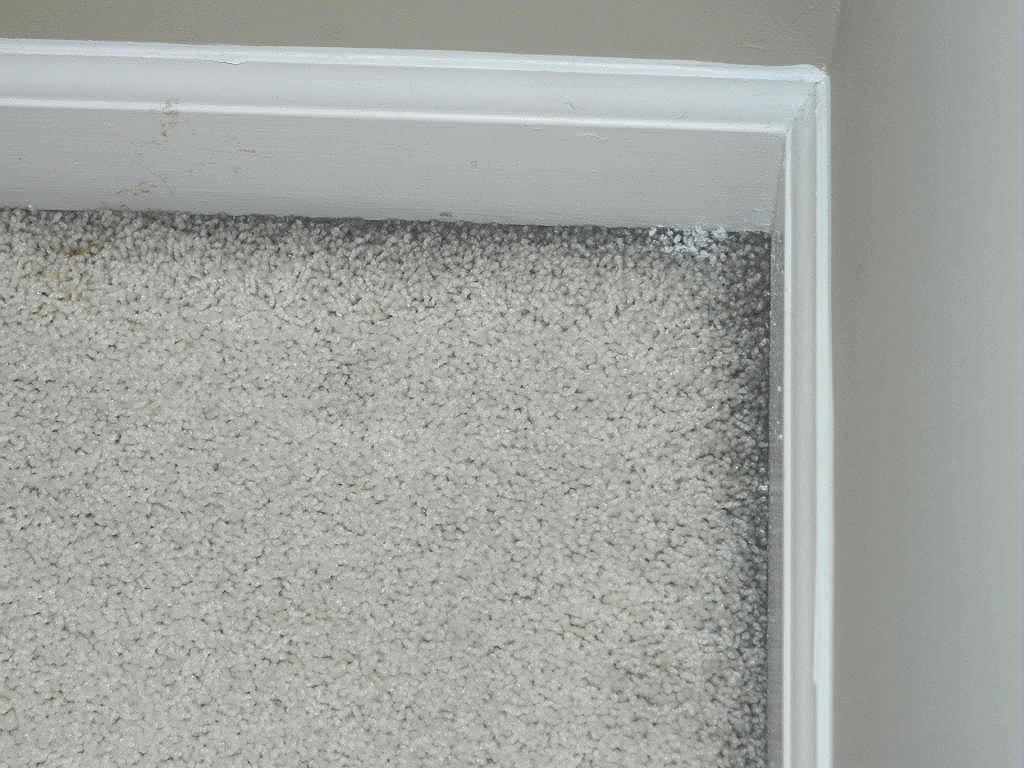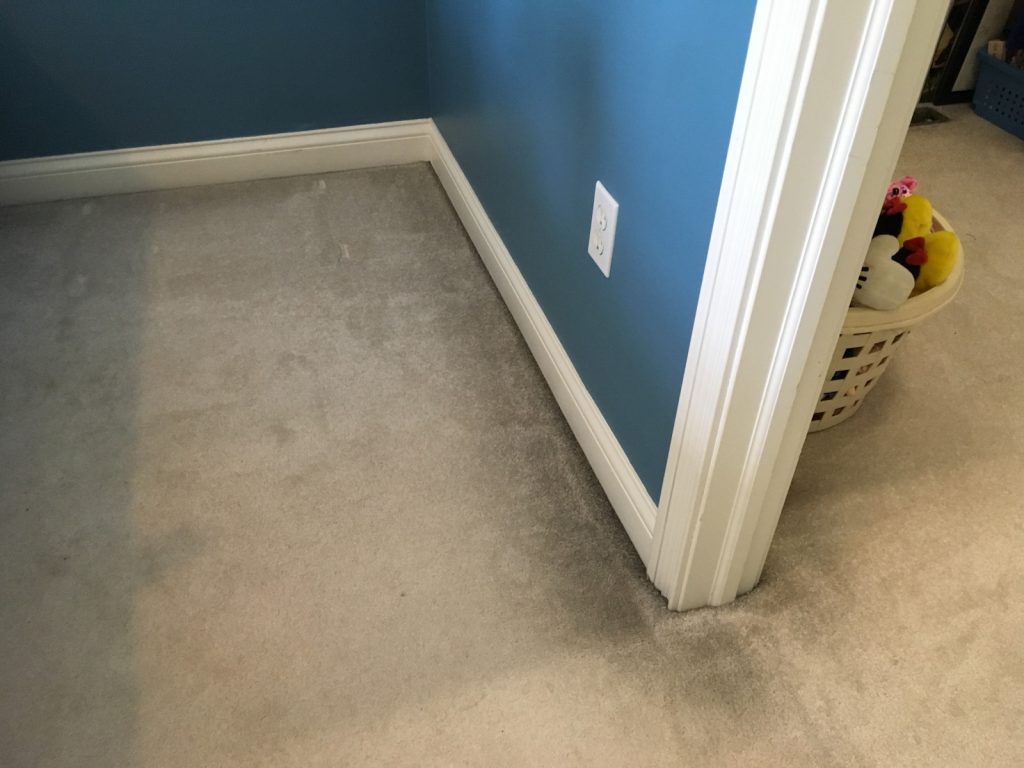Have you ever noticed dark, soiled areas around the edges of your carpet, especially near the baseboards and under doors? This is known as carpet filtration, a common issue that can make your carpets look dingy and unappealing. But fear not! In this article, we’ll explain what carpet filtration is, why it occurs, and provide practical steps to prevent it.

Understanding Carpet Filtration:
Carpet filtration, also known as filtration soiling or draught marking, is the accumulation of dirt, dust, and other airborne pollutants in the carpet fibers, typically near the edges of a room. This happens when air flows through the carpet fibers and into the cracks between the floor and the wall or door frame. As air escapes, it carries with it fine particles, which get trapped in the carpet fibers, resulting in dark lines or patches.
Best Soil Filtration Line Cleaning Products:
Our selection of powerful filtration line cleaners are specifically designed to target and remove even the toughest soil buildup, restoring your carpet to its former glory.
- BEST OVERALL: Filtration Soil Line Remover
- AMAZON LISTED: ForceField® SoilBlaster Stain Remover
- CHET’S CLEANING PRODUCT: Chet’s Cleaning Spotter Gallon
How to Prevent Carpet Filtration:
Here are some steps you can take to prevent carpet filtration:
- Seal gaps: Use caulk or weatherstripping to seal gaps between the floor and the wall or door frame, reducing air movement that causes filtration soiling.
- Regular vacuuming: Vacuum your carpets regularly, paying special attention to the edges and corners where dirt and dust can accumulate.
- Air purification: Consider using an air purifier to remove airborne particles, reducing the amount of dust and dirt that can settle on your carpet.
- Professional cleaning: Schedule regular professional carpet cleaning to remove deep-down dirt and maintain a healthy indoor environment.

FAQs About Carpet Filtration
A: Carpet filtration occurs mainly at the edges of a room due to air movement between rooms. As air flows through the gaps between the floor and the wall or door frame, it carries with it airborne particles that get trapped in the carpet fibers.
A: Carpet filtration itself isn’t directly harmful to your health. However, the accumulation of dust, dirt, and allergens in your carpet can contribute to poor indoor air quality, which may exacerbate allergies and respiratory issues.
A: It’s generally recommended to vacuum your carpets at least once a week to prevent the buildup of dirt and debris. For high-traffic areas or homes with pets, more frequent vacuuming may be necessary.
A: While DIY methods can help minimize carpet filtration, professional carpet cleaning is often the most effective solution for removing deep-down dirt and restoring your carpet’s appearance.
